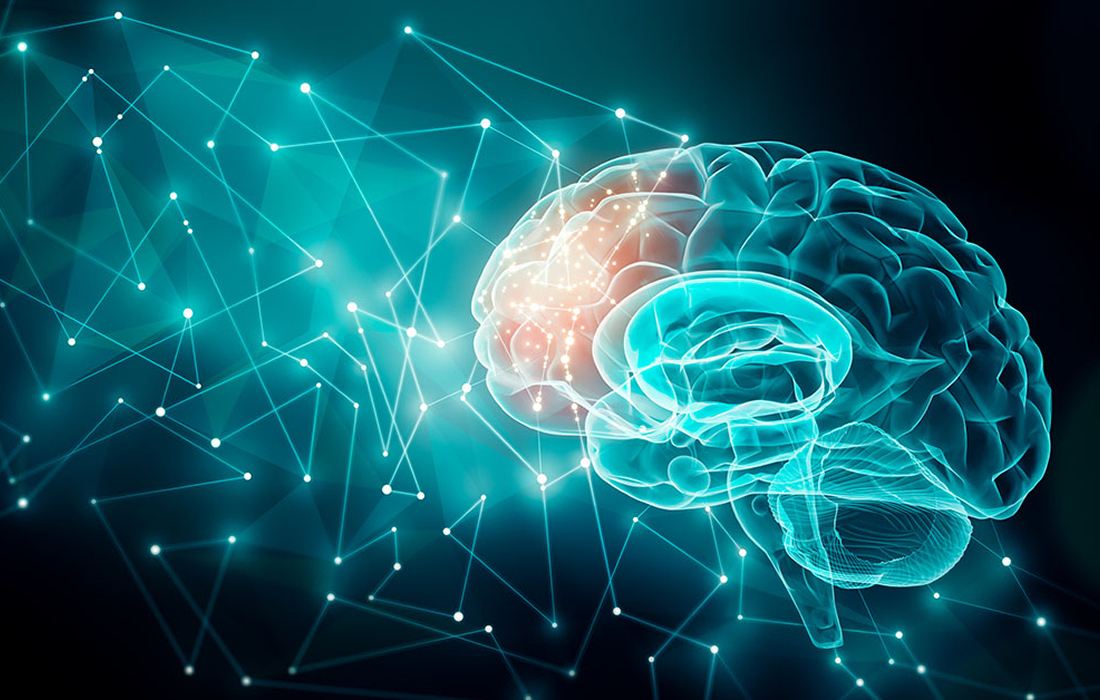Regenerative Medicine News and General Information
How Does Exercise Protect the Brain?
A new study published in The Journal of the Alzheimer’s Association by researchers from the UC San Francisco has found that when elderly people stay active, their brains have more of a class of proteins that enhances the connections between neurons to maintain healthy cognition.
Physical activity is widely recommended for age-related brain health, yet the reason why it helps protect the brain is not yet fully understood.
Researchers found that the protective effect was found in people whose brains at autopsy were riddled with toxic proteins associated with Alzheimer’s and other neurodegenerative diseases.
These beneficial effects of physical activity on cognition have been shown in mice but have been harder to demonstrate in humans.
The study included 404 descendants from the Rush Memory and Aging Project who completed annual actigraphy monitoring and post mortem evaluation. The brain tissue was analyzed for presynaptic proteins (synaptophysin, synaptotagmin-1, vesicle-associated membrane proteins, syntaxin, complexin-I, and complexin-II), and neuropathology.
The team found that elderly people who remained active had higher levels of these proteins that facilitate the exchange of information between neurons, which contrasted with the earlier results that people who had more of these proteins in their brains when they died were better able to maintain cognition later in life.
The brains of most older adults accumulate amyloid and tau, which are toxic proteins that are the hallmark of Alzheimer’s disease. One of the researchers Casaletto, a neuropsychologist and member of the Weill Institute for Neurosciences found that synaptic integrity, this cascade of neurotoxicity that leads to Alzheimer’s disease appears to be attenuated.
Source:
University of California, San Francisco. (2021, Jan 7). Exercise alters brain chemistry to protect aging synapses. Newswise. Retrieved from:
https://www.newswise.com/articles/exercise-alters-brain-chemistry-to-protect-aging-synapses?ta=home
Image from:

